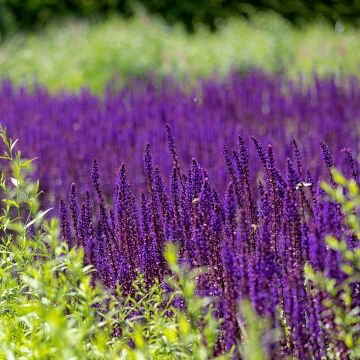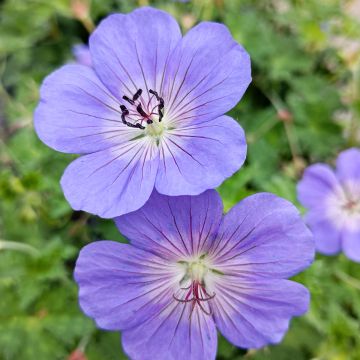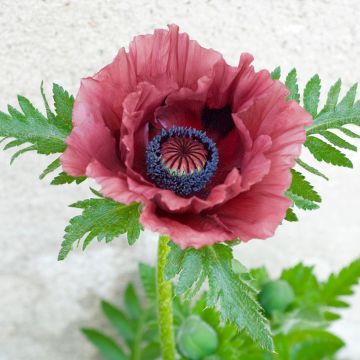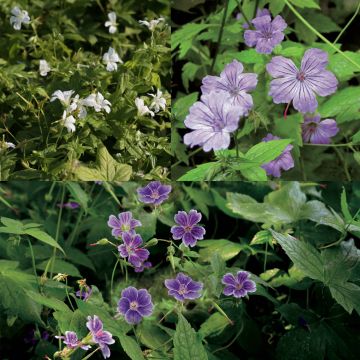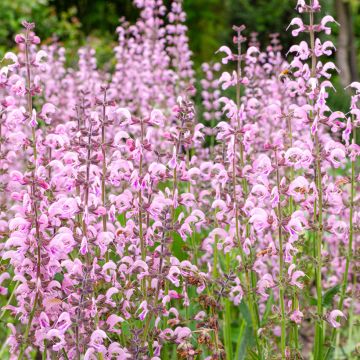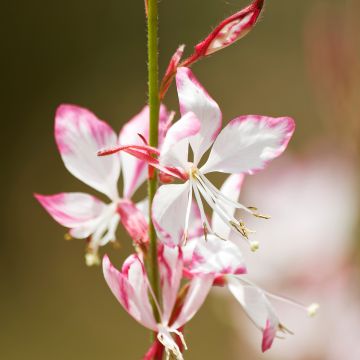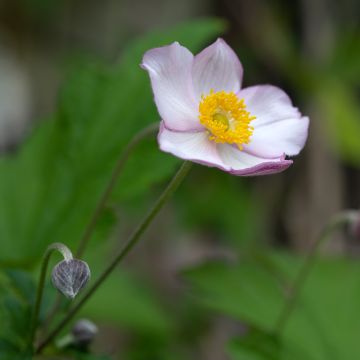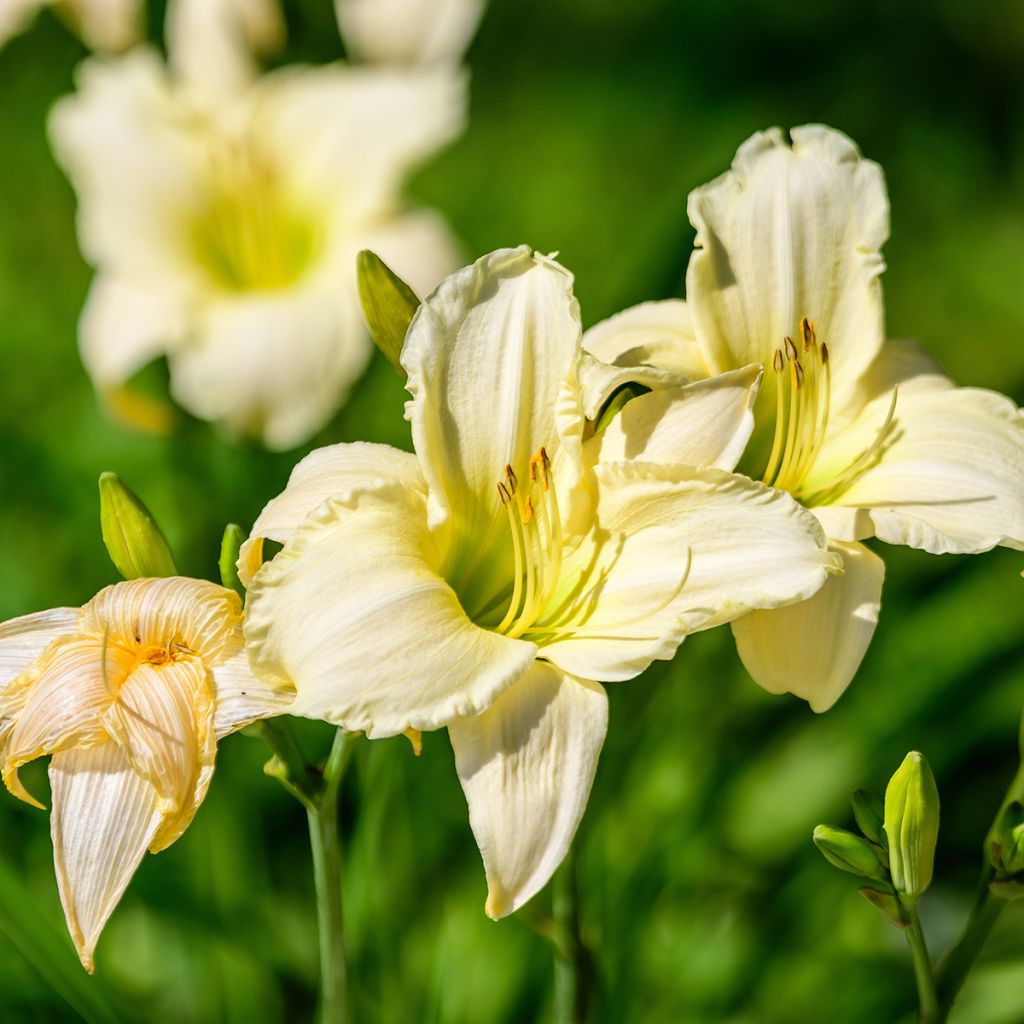

Hemerocallis Arctic Snow - Daylily
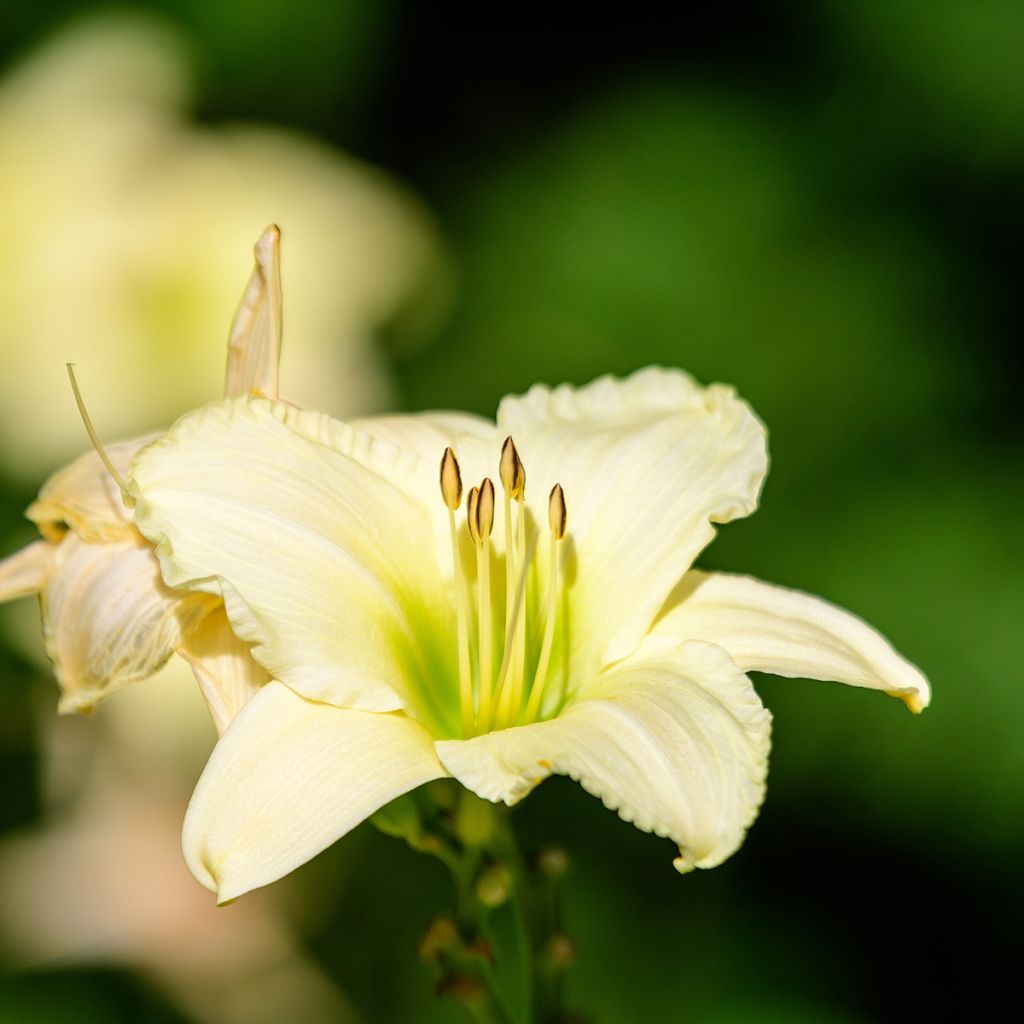

Hemerocallis Arctic Snow - Daylily
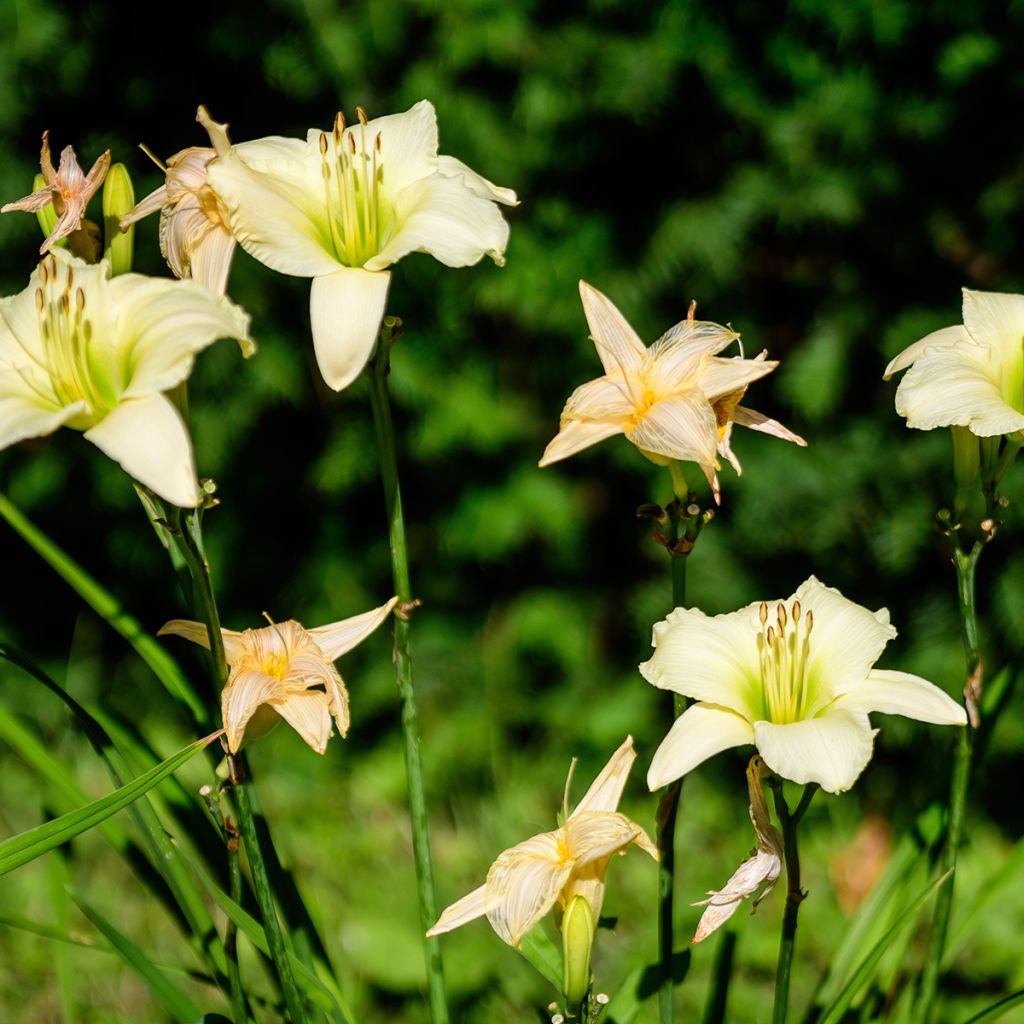

Hemerocallis Arctic Snow - Daylily
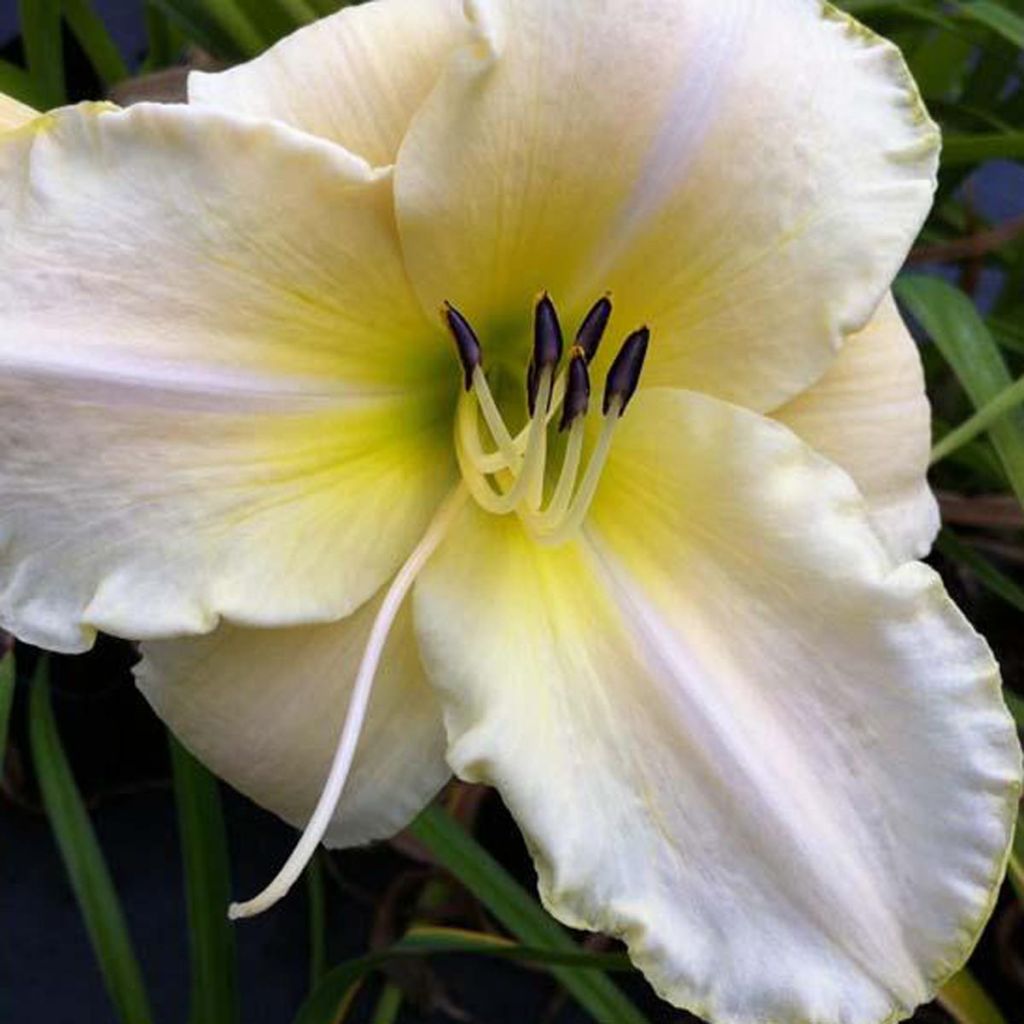

Hemerocallis Arctic Snow - Daylily
Hemerocallis Arctic Snow - Daylily
Hemerocallis Arctic Snow
Daylily
The young plant was really feeble.
Nicolas S., 06/03/2023
Special offer!
Receive a €20 voucher for any order over €90 (excluding delivery costs, credit notes, and plastic-free options)!
1- Add your favorite plants to your cart.
2- Once you have reached €90, confirm your order (you can even choose the delivery date!).
3- As soon as your order is shipped, you will receive an email containing your voucher code, valid for 3 months (90 days).
Your voucher is unique and can only be used once, for any order with a minimum value of €20, excluding delivery costs.
Can be combined with other current offers, non-divisible and non-refundable.
Home or relay delivery (depending on size and destination)
Schedule delivery date,
and select date in basket
This plant carries a 12 months recovery warranty
More information
We guarantee the quality of our plants for a full growing cycle, and will replace at our expense any plant that fails to recover under normal climatic and planting conditions.

Would this plant suit my garden?
Set up your Plantfit profile →
Description
The 'Arctic Snow' Daylily is distinguished by a compact habit and very large flowers, which are ivory white and cream, with a throat illuminated in lemon yellow. Very floriferous and pure, it has received two awards from the American Hemerocallis Society. The mid-late flowering occurs in July and lasts for 3 weeks.
The genus Hemerocallis belongs to the family Liliaceae or Hemerocallidaceae according to classifications. They are perennial and hardy plants with deciduous or semi-evergreen foliage. 'Arctic Snow' will reach a height of 60 cm (24in), with a spread of 80 cm (32in), its silhouette is remarkably compact, almost spreading. The flowers are larger than most daylilies, measuring between 13 and 15 cm (5 and 6in) in diameter. Individually, they last no more than a day, but they continuously renew themselves for 3 weeks from mid-July. The floral stems are strong and suitable for making bouquets, while the thick and linear foliage is deciduous in this variety. Daylilies are plants with short rhizomes and fleshy roots.
Easy to grow, these perennial plants, which are undoubtedly hardy, thrive in both sun and shade. Some varieties spread more than others, and dividing the stumps in autumn allows enthusiasts to exchange their findings. The daylily is often called the 'perfect perennial plant', due to its vibrant colours, ability to tolerate any type of environment, and also due to its lack of modesty: it exhibits a beautiful exuberance that has a stunning effect in a garden. Plant 'Arctic Snow' in generous clumps at the front of your beds. To accompany this flowering, perennial plants are perfect, but also consider summer-flowering bulbs for variety, and the graceful habit of a grass will lighten the combination. This compact cultivar is perfectly suited for container gardening to enhance a balcony or patio, requiring large pots of at least 30 cm (12in) in depth. The flowers are edible: they brighten up salads and decorate desserts.
Many varieties have been developed in Japan, where they are very popular. The flowers of these plants come in a wide range of colours and shapes. Over sixty thousand cultivars, mostly resulting from hybridisations by gardening enthusiasts, are listed, appreciated, and studied by international Hemerocallis societies.
Report an error about the product description
Hemerocallis Arctic Snow - Daylily in pictures
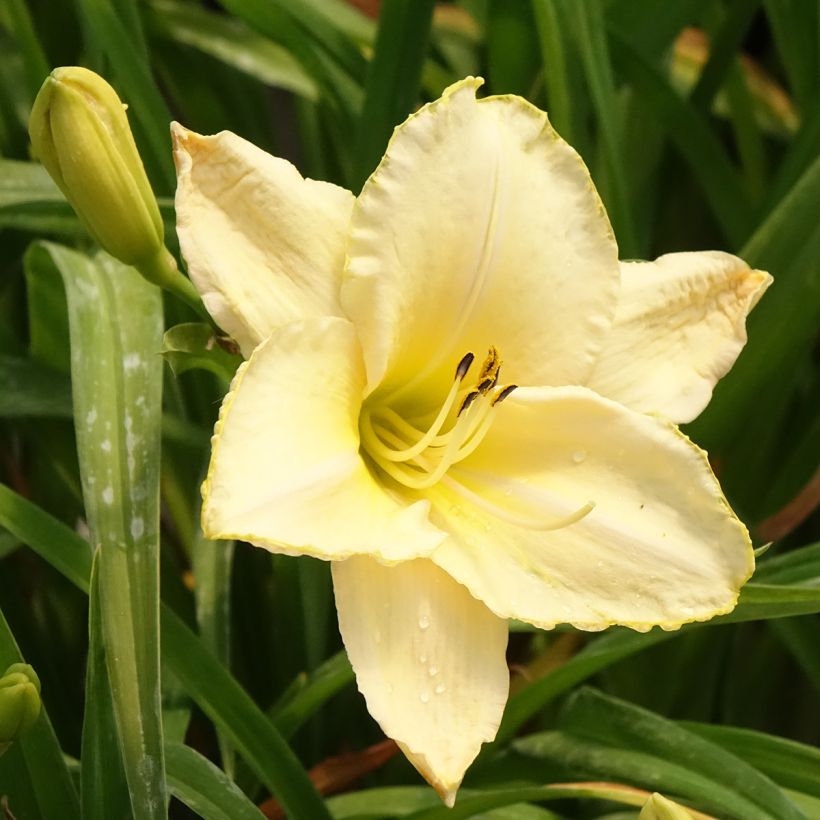

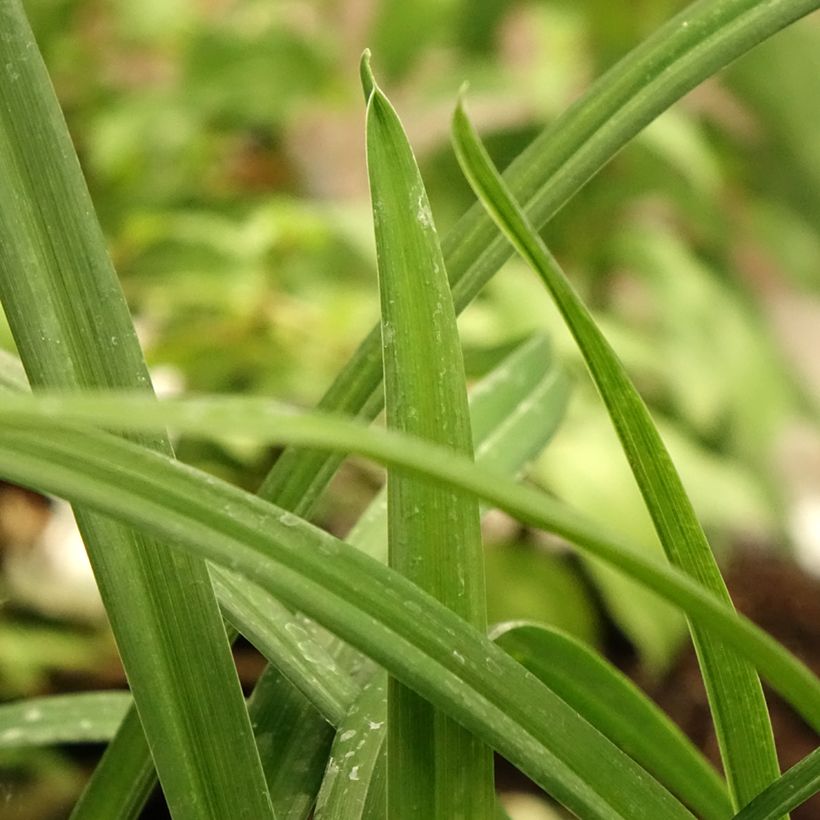

Flowering
Foliage
Plant habit
Botanical data
Hemerocallis
Arctic Snow
Hemerocallidaceae
Daylily
Cultivar or hybrid
Planting and care
Planting period
Intended location
Care
-
, onOrder confirmed
Reply from on Promesse de fleurs
Similar products
Haven't found what you were looking for?
Hardiness is the lowest winter temperature a plant can endure without suffering serious damage or even dying. However, hardiness is affected by location (a sheltered area, such as a patio), protection (winter cover) and soil type (hardiness is improved by well-drained soil).

Photo Sharing Terms & Conditions
In order to encourage gardeners to interact and share their experiences, Promesse de fleurs offers various media enabling content to be uploaded onto its Site - in particular via the ‘Photo sharing’ module.
The User agrees to refrain from:
- Posting any content that is illegal, prejudicial, insulting, racist, inciteful to hatred, revisionist, contrary to public decency, that infringes on privacy or on the privacy rights of third parties, in particular the publicity rights of persons and goods, intellectual property rights, or the right to privacy.
- Submitting content on behalf of a third party;
- Impersonate the identity of a third party and/or publish any personal information about a third party;
In general, the User undertakes to refrain from any unethical behaviour.
All Content (in particular text, comments, files, images, photos, videos, creative works, etc.), which may be subject to property or intellectual property rights, image or other private rights, shall remain the property of the User, subject to the limited rights granted by the terms of the licence granted by Promesse de fleurs as stated below. Users are at liberty to publish or not to publish such Content on the Site, notably via the ‘Photo Sharing’ facility, and accept that this Content shall be made public and freely accessible, notably on the Internet.
Users further acknowledge, undertake to have ,and guarantee that they hold all necessary rights and permissions to publish such material on the Site, in particular with regard to the legislation in force pertaining to any privacy, property, intellectual property, image, or contractual rights, or rights of any other nature. By publishing such Content on the Site, Users acknowledge accepting full liability as publishers of the Content within the meaning of the law, and grant Promesse de fleurs, free of charge, an inclusive, worldwide licence for the said Content for the entire duration of its publication, including all reproduction, representation, up/downloading, displaying, performing, transmission, and storage rights.
Users also grant permission for their name to be linked to the Content and accept that this link may not always be made available.
By engaging in posting material, Users consent to their Content becoming automatically accessible on the Internet, in particular on other sites and/or blogs and/or web pages of the Promesse de fleurs site, including in particular social pages and the Promesse de fleurs catalogue.
Users may secure the removal of entrusted content free of charge by issuing a simple request via our contact form.
The flowering period indicated on our website applies to countries and regions located in USDA zone 8 (France, the United Kingdom, Ireland, the Netherlands, etc.)
It will vary according to where you live:
- In zones 9 to 10 (Italy, Spain, Greece, etc.), flowering will occur about 2 to 4 weeks earlier.
- In zones 6 to 7 (Germany, Poland, Slovenia, and lower mountainous regions), flowering will be delayed by 2 to 3 weeks.
- In zone 5 (Central Europe, Scandinavia), blooming will be delayed by 3 to 5 weeks.
In temperate climates, pruning of spring-flowering shrubs (forsythia, spireas, etc.) should be done just after flowering.
Pruning of summer-flowering shrubs (Indian Lilac, Perovskia, etc.) can be done in winter or spring.
In cold regions as well as with frost-sensitive plants, avoid pruning too early when severe frosts may still occur.
The planting period indicated on our website applies to countries and regions located in USDA zone 8 (France, United Kingdom, Ireland, Netherlands).
It will vary according to where you live:
- In Mediterranean zones (Marseille, Madrid, Milan, etc.), autumn and winter are the best planting periods.
- In continental zones (Strasbourg, Munich, Vienna, etc.), delay planting by 2 to 3 weeks in spring and bring it forward by 2 to 4 weeks in autumn.
- In mountainous regions (the Alps, Pyrenees, Carpathians, etc.), it is best to plant in late spring (May-June) or late summer (August-September).
The harvesting period indicated on our website applies to countries and regions in USDA zone 8 (France, England, Ireland, the Netherlands).
In colder areas (Scandinavia, Poland, Austria...) fruit and vegetable harvests are likely to be delayed by 3-4 weeks.
In warmer areas (Italy, Spain, Greece, etc.), harvesting will probably take place earlier, depending on weather conditions.
The sowing periods indicated on our website apply to countries and regions within USDA Zone 8 (France, UK, Ireland, Netherlands).
In colder areas (Scandinavia, Poland, Austria...), delay any outdoor sowing by 3-4 weeks, or sow under glass.
In warmer climes (Italy, Spain, Greece, etc.), bring outdoor sowing forward by a few weeks.


































